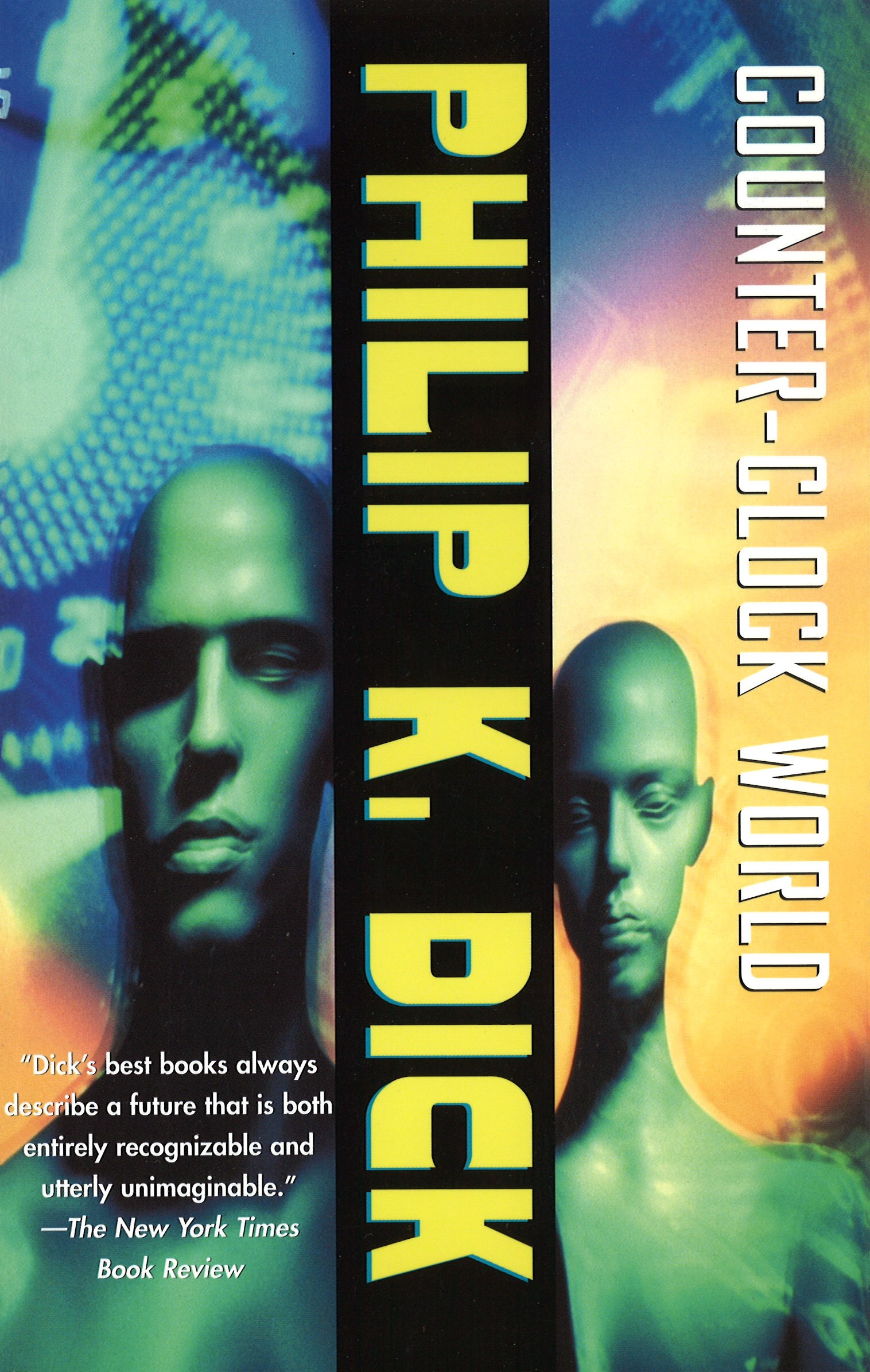What do you think?
Rate this book


218 pages, Paperback
First published February 1, 1967



[...] Ο κόσμος που έχουμε στην πραγματικότητα δεν ικανοποιεί τα πρότυπά μου. Ωραία, θα έπρεπε να αναθεωρήσω τα πρότυπά μου. Να υποχωρήσω μπροστά στην πραγματικότητα. Ποτέ δεν υποχώρησα μπροστά στην πραγματικότητα. Αυτό είναι η επιστημονική φαντασία. [...]- Philip K. Dick